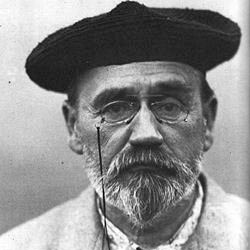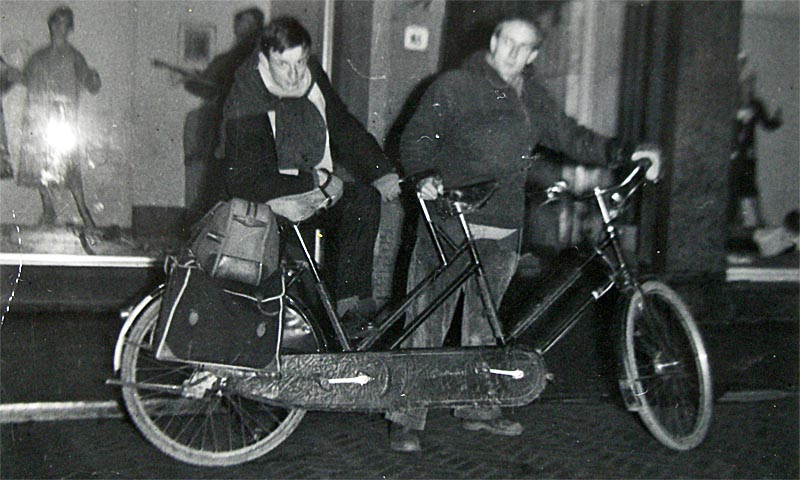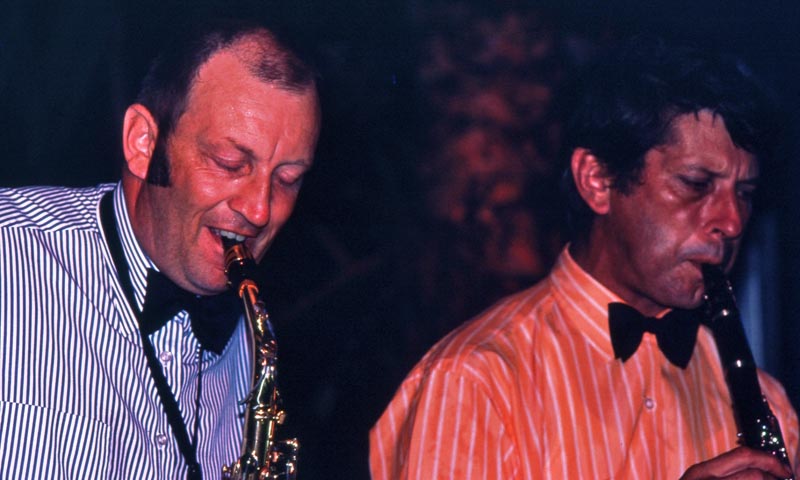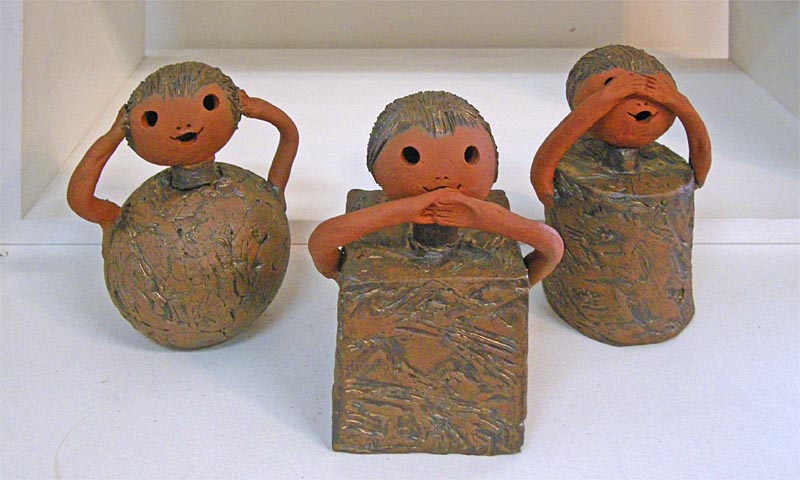|
Biographical Log of Michael Furstner - Page 222
09 | 10 ||
2011 :
Jan |
Feb |
Mar |
Apr |
May |
Jun |
Jul |
Aug |
Sep |
Oct |
Nov |
Dec || Page :
Previous |
Next
The Martinshof Story -
A Philosophy of Happiness -
Life Awareness -
Maps & other Text series
Most Recent -
Next -
Previous -
Page 1 -
Photos -
MP3s -
Maps & Text series -
Jazclass
Sunday - Thursday, September 11
- 15 2011
(diary)
 I am very sure that I have never read anything of Emile Zola before, but these past two weeks I went through a couple of his novels and
short stories, including his first successful novel Thérèse
Raquin which was published in 1867.
I am very sure that I have never read anything of Emile Zola before, but these past two weeks I went through a couple of his novels and
short stories, including his first successful novel Thérèse
Raquin which was published in 1867.
Zola has a fluent elegant style, typical of the "Naturalist movement" of which
he was the most influential proponent. His writing has a much more contemporary feel
than the English writers of his time, which even in the English translations comes
clearly across.
In Thérèse Raquin the heroine has at one stage an affair with a
man she meets in a small hotel in the Rue St. André des Arts, a narrow
side street off the Boulevard St. Michel, and this tickles my fancy.
A good 90 years after Zola published this novel I too spent a couple of nights in a
small hotel in that very street, not with a lover, but with three of my student
friends after completing a 500 km tandem race from Leiden (our University town in
Holland) to Paris in 1958.
Zola was renown for his painstaking research of
all his writing. It is quite possible therefore that we stayed at the very same
hotel where Zola had placed Thérèse for her affair.
A.N. Wilson writes in an Introductions to one of Zola's novels ("For a Night
of Love", in 2002) :
|
In 1891 the publisher Macmillan asked Thomas Hardy to tone down a scene in
Tess of the D'Urbervilles in which Angel Clare picks up the heroine in his
arms and carries her over a ford. In the published version, to spare the blushes of
readers, Tess is trundled over the stream in a wheelbarrow.
Zola meanwhile (from the 1860s onwards), had written a whole series of novels
in which the sexual needs of his female characters were fully explored.
|
Two observations come to mind here.
Firstly (and I believe I have made
this point before), one gets a much better insight into an author's work, when one
understands and appreciates the social and cultural environment in which he was
living, writing and fighting against at the time.
Secondly, although Zola's endeavours towards a more tolerant and free
thinking social and moral society where well ahead of his English colleague in
absolute terms, they both were pushing against the boundaries of their
respective environments which (in my view) was a major contributing factor to the
quality and historic endurance of their work.
What I am trying to say here is that all creativity needs a cause, a reason
or a purpose to be meaningful.
 Although both Hardy's and Zola's social frontiers have long since been overrun, the
artistic quality and value of their work will live on in history, for it was
created for a clear purpose.
Although both Hardy's and Zola's social frontiers have long since been overrun, the
artistic quality and value of their work will live on in history, for it was
created for a clear purpose.
There is a distinct correlation with the process of evolution here. Every
second of time evolution creates countless new variations in all living species. But
only those that contribute or enhance the specie's sustainability or improved
adaptability to the prevailing environment survive.
Creative art is subject to a similar process. It must have a clear social or
cultural purpose, otherwise it will not last.
Most Recent -
Next -
Previous -
Page 1 -
Photos -
MP3s -
Maps & Text series -
Jazclass
Friday - Tuesday, September 16
- 20 2011
(diary)
 So are we wasting our time being involved in art when only the
best and meaningful will last in the long run?
So are we wasting our time being involved in art when only the
best and meaningful will last in the long run?
Of course not.
To paint, make music or write a book is most beneficial for the
artist him or herself. It is a way of self expression on a
different, perhaps deeper level and through that process a road
to deeper self discovery.
The impetus for this to occur is
typically around our 40s when job and family pressures are
starting to easy and we start looking around for something
"meaningful" to engage in.
In my case (at that point in my life) I turned to music, and
with a vengeance. Six years of solid practice and "bloody hard
yakka" (? as they say in Australia) which were most
satisfactory.
Interestingly I gradually moved from playing music to teaching
it. Partly because of my move away from Adelaide to the then
village-beach-rural environment of the Sunshine Coast.
But
mostly because I am an out and out mind person : I love
to analyse. I was good at that in Geology and I am good at that
in music, bridge or anything else I get involved in. I
have an urge to influence people in a positive way : to inform,
enlighten, make them understand, make them think.
During the 19th and beginning of the 20th Century artists were
breaking down social and moral boundaries, moving away from
traditional art forms which were descriptive, predictable,
ornamental, to new impressionist, abstract and surrealistic
perspectives and insights. But that has been done now and art
has moved into an open space looking for a new direction, and in
my view has not found one yet.
 At the recent World art exhibition in Venice (I was watching on
TV last night) we are confronted by a US army tank, lying upside
down with a live runner running (while remaining stationary)
over the rotating track. Elsewhere (in the Australian pavilion)
a simple purple coloured brick is lying on a wooden table top
on trestles. Meaningful ???
At the recent World art exhibition in Venice (I was watching on
TV last night) we are confronted by a US army tank, lying upside
down with a live runner running (while remaining stationary)
over the rotating track. Elsewhere (in the Australian pavilion)
a simple purple coloured brick is lying on a wooden table top
on trestles. Meaningful ???
The hoy polloy of the art world
is talking up all this shit. But who we really need is that
little boy from the fairy tale who tells us "Look, the Emperor is wearing no
clothes!"
But "fair enough" (another favourite Australian expression) art
is looking for new directions. And as far as I can see they have
as yet not found it, although (I believe) the new frontiers
ahead of us to conquer are very clear : ignorance and
selfish materialism!
Comments -
Most Recent -
Next Page -
Previous -
Top -
Photos -
MP3s -
Maps & Text series -
Jazclass
Copyright © 2011 Michael Furstner
|



